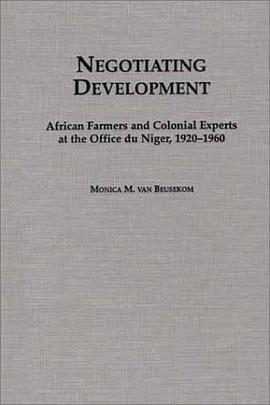

具体描述
Guided by a firm sense of social evolutionism, Office du Niger planners of the 1920s and 1930s were confident that the plow and intensive farming would lead to rapid, dramatic transformation not just of African agriculture, but of social and economic institutions as well. But from the earliest days of the project, African settlers challenged French assumptions by ignoring or adapting official directives and practicing agriculture as they thought best. By the mid 1940s, their actions and expertise had a significant impact on project farming and marketing policies. Ultimately, French development ideology came to reflect a more realistic understanding of the opportunities and constraints that African farmers faced.By showing the influence African farmers had on French planners in colonial Mali, this study raises questions about the authority to determine development policy that much recent scholarship has attributed to large Western institutions. It asserts instead the importance of examining how and why development policies emerge, persist, and change. This book will be of vast importance to historians of colonialism in Africa as well as to scholars, students, and policy makers working on issues of development theory and practice.
作者简介
目录信息
读后感
评分
评分
评分
评分
用户评价
相关图书
本站所有内容均为互联网搜索引擎提供的公开搜索信息,本站不存储任何数据与内容,任何内容与数据均与本站无关,如有需要请联系相关搜索引擎包括但不限于百度,google,bing,sogou 等
© 2026 book.wenda123.org All Rights Reserved. 图书目录大全 版权所有




















